A lot of people rely on the date on the packaging to tell them when food has gone bad, even with eggs, but the sell-by dates are often somewhat arbitrary and are not expiration dates. If you've been tossing your eggs based on the dates on your carton—you could be wasting perfectly good food.
Eggs are often still good to eat long after the date on the packaging says to throw them out. If you want to test how fresh they are before finding out the hard way, here are a few methods for testing them.
Your eyes and nose are the best tools for determining freshness with meats, produce and herbs — it's pretty obvious when something's moldy or smelly. But you can't smell and see an egg before you crack it (unless you're highly skilled), so how do you tell if it's still good?

The Best Method for Uncracked Eggs: The Float Test
Just fill a bowl with cold water and place your eggs in the bowl. If they sink to the bottom and lay flat on their sides, they're very fresh. If they're a few weeks old but still good to eat, they'll stand on one end at the bottom of the bowl. If they float to the surface, they're no longer fresh enough to eat.
While you could fry or scramble an egg that's on its side or standing upright, when it comes to hard-boiling, you'll want the upright ones, as Yumi points out in her guide to peeling hard-boiled eggs. The extra air in the older eggs will help the peel come off easier after hard boiling.
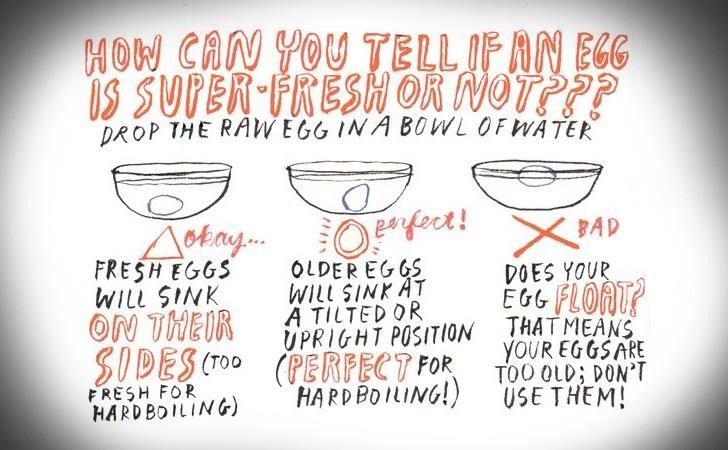
Below, you can see what a really old egg looks like in comparison to really fresh one. The one on the left is most likely 3 or more months old (from when it was laid, not the date you bought them).

To give you an idea of hold old an egg is, look at the "packed by" dates on the carton, which are in Julian date form by the "sell by" dates. Julian dates range from 1 to 365 days, and since most companies pack their eggs shortly after being laid, it's a good indicator.

Why the Float Test Works So Well
The reason this method works is that the eggshells are porous, which means they allow some air to get through. Fresh eggs have less air in them, so they sink to the bottom. But older eggs have had more time for the air to penetrate the shells, so they're more buoyant and will float.
Other Ways to Test Uncracked Eggs
Some people also claim you can hold an egg up to your ear and shake it to test for freshness. If you can hear liquid sloshing sound inside the egg, it's probably gone bad, but if you hear nothing, it's fine to eat. Personally, though, I don't think this method is as reliable.
Additionally, there is the candling method, which is used primarily for testing egg quality before they're sold, but it could help determine freshness too, though it's more difficult to see at later stages.
You can put a flashlight right next to the eggshell to light up the insides, but historically, a piece of cardboard with a small hole in it was used, with a light source behind it and the egg in front.

The above method will let you see the air space and mold, but it's really a difficult technique to get down.

Above you can see a fresh egg (little air space, slightly visible yolk), a slightly old egg (larger air space, slightly darker yolk), a nearly bad egg (really dark yolk, spotty), and a spoiled egg (mixed in yolk, lots of dark), lit up using the candling technique. If you want to see inside your eggs more often, try out this LED egg candle light — it's made to check if an egg is fertilized if you're into that.
The Best Method for Cracked Eggs: The Plate & Sniff Test
If you don't need the shell intact, you can also crack the egg onto a plate or other flat surface to test how fresh it is. If it's fresh, the yolk should be bright yellow or orange, and the white shouldn't spread much. If you're not sure, give it a good sniff: fresh eggs shouldn't have much of a smell at all.

The yolk will be flatter and the white will be much runnier in an older egg. An egg that spreads out when cracked isn't necessarily bad, though, just older (and again, good for hard-boiled eggs). If it's gone bad, you probably won't even need to do the sniff test—even slightly rotten eggs will have a very strong, distinct smell you'll notice right away.
What to Do with Eggs That Expire Soon
Got a bunch of eggs that are going to go bad before you can use them? Hard-boil them and throw them in a jar with a beet brine to make tangy, delicious, and beautifully purple pickled eggs.
Looking for more eggy tips? Learn everything you need to know about cooking eggs from The Ultimate Guide To Cooking Eggs, by D and P Gramp.

There are also lots of things you can do with those discarded eggshells, like make your teapot super clean, fertilize soil, and make sidewalk chalk. And don't forget about those leftover egg cartons, which make good seed and fire starters, bird feeders, and candle-making molds.
Do you know of any other ways to test whether or not an egg is good to eat? Share your method with us in the comments.
Just updated your iPhone? You'll find new emoji, enhanced security, podcast transcripts, Apple Cash virtual numbers, and other useful features. There are even new additions hidden within Safari. Find out what's new and changed on your iPhone with the iOS 17.4 update.
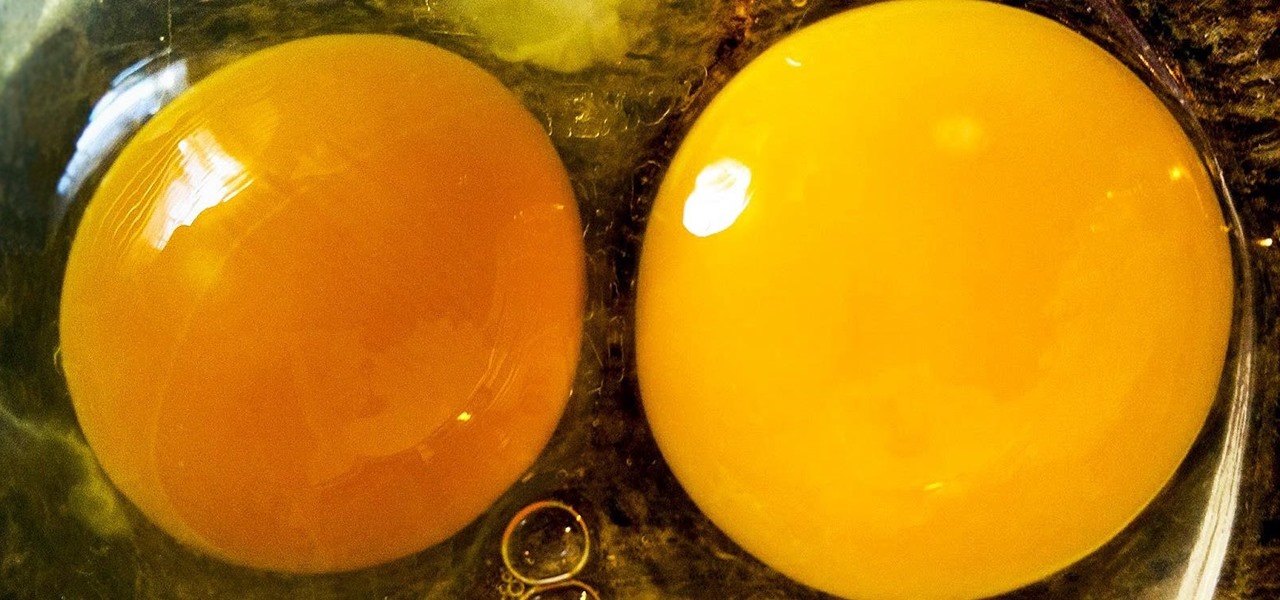


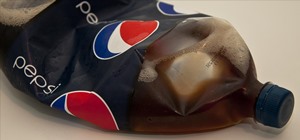
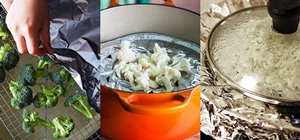

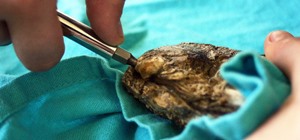

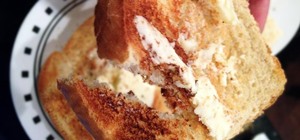
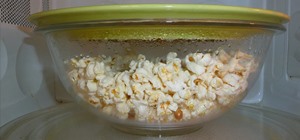



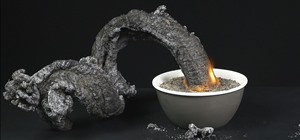
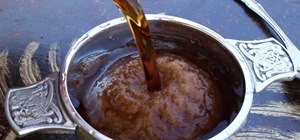
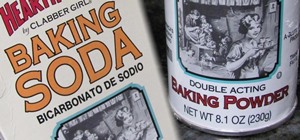
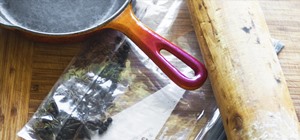
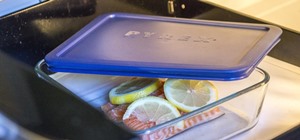
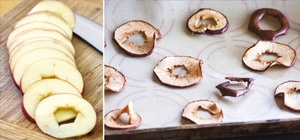
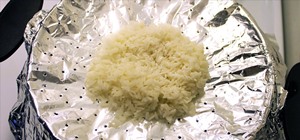
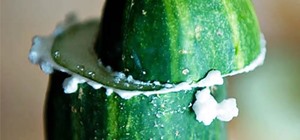
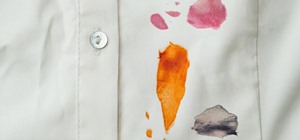
23 Comments
Seems obvious now I've looked it up, that the julian date just represents any day of the year - Jan 1st = 001 etc...but apparently I didn't get that and had to look it up, so I figured I'd put it here!
By all means, these methods are spot on! I also recommend visiting the farm where you buy your eggs and other meats and produce. If the seller welcomes the request for a visit, they are more-than-likely running a clean operation, if "No, I'd rather not"...blah blah, blah ,any number of reasons, MOVE ON!
This year I took our youngest grandson to an Amish farm in KY. He told me that it was a good place to do business because the cat didn't eat the chickens, and the pigs were clean! Gotta' love that.
On a HOTTER note, hemorrhoid cream is my miracle salve for accidental Jalapeno or Habanero splatters! Keep some on "hand" (and wrists) when processing this year.*
cool. i did not know bout julian date
This article was informative and it brought back good memories. I remember candling eggs and doing the float test on them when I was a child. At the time, we were living on a farm near Maryville, Tennessee. That was in 1955, and we were staying there while waiting to join my father in Saigon. He was one of the first two American advisers to go to Vietnam. The family who owned the farm was the Pritchard family. When I was a young teenager, we lived in a chateau in the Loire valley outside of Orleans, France. There was a farm on the outside walls of the chateau and we used to collect the eggs we would find in the nooks and crannies around the yard (laid by the free ranging ducks, chickens and Guinea hens from next door). Some we immediately knew were bad by the smell test. LOL
Very in-depth, only fresh eggs for me now!
In the pictures, the floating egg is on it's side. What if the egg floats point down?
If you see the illustration above that, you'll see that an upright egg is perfect for hard-boiling. I assume that it doesn't matter which end is touching the bottom. Could be wrong though.
That's just where the air pocket in that egg happened to develop. It could be floating with any side up. If it floats, don't eat it.
Good article. Thanks.
A bit of trivia about the Julian Date: it is actually the number of days since January 1, 4713 BC. It's handy for astronomers since the sky changes from year to year. (Also, interestingly, the Julian day changes at noon.) If you want to specify the number of days since January 1st of the current year, just say "day-of-year."
Excellent, never knew that so much research is done on expiry of eggs.
How on Earth can this statement be true?
"If the egg is older, the yolk will be flatter and the white will be much more runny. An egg that spreads out when cracked isn't necessarily bad, though, just older (and again, good for hard-boiled eggs)."
The egg's been cracked and is now on a plate. Try hard-boiling that everyone...
I would imagine that the OP meant that if the egg you crack is as they described, then the rest of the carton would be in the same condition.
just a clarification on the Float test... its not the air getting pulled through the shell that makes it happen... its the accumulation of gasses inside the shell caused by the egg itself, as something ages it gives off a gas where in an eggshell it has nowhere to go and just builds up until the egg floats...
saying the air gets pulled through the shell is like saying condensation on the outside of a cold drink is the liquid on the inside being pulled through the glass...
the Float Test Method works but people really gotta get their facts straight... so many incorrect opinions these days
But egg shells are porous - right? So air can pass through them.
Actually the fact is the eggs do break down and turn to gas but that gas escapes through the porous egg. Otherwise the weight would not change because the mass would remain the same. This is physics, not opinion. The egg will first stand up and then eventually float due to the decrease in mass and density from the gas escaping thus becoming less dense than the water.
From reference.com:
The first number in a four-digit Julian date code represents the last digit of the year that items was packaged. For instance, if the first number is 9, then the food item was packaged in 2009. The remaining three numbers in the Julian date code represent the day of the year that item was packaged. There are 365 days in each year, so it is simple to track. For instance, a three-digit number of 228 indicates that the food item was packaged on February 28 of that year.
Eggs have that interesting air sack which, thankfully, fills up as they age which makes them float. It is nice to finally understand the multiple reasons they do and do not float and how to read the carton. To save them without refrigeration, water glass, oiling them, and keeping them in cold creek water, I hear, will do the job.
i checked all the eggs in one carton today, and most of them were fine, they went to the bottom of the bowl, but four of them were floating at the top. So it might be best to check all eggs in a carton you're unsure of instead of just checking one egg from the carton and assuming the rest are okay to use.
I am not sure if the conditions about air also apply when eggs left packed, eggs kept in fridge.
I'm glad I came across this article about eggs. Very informative!
Thank you for the information
Very Nice I Really Love this
I also do the same whenever i feel that eggs are old i put into the water apart from this anyone can also do a sniff test, On a clean plate or dish, break the egg and give it a quick whiff. Toss the egg and wash the dish or plate with hot, soapy water before using it again if anything smells off.
Share Your Thoughts